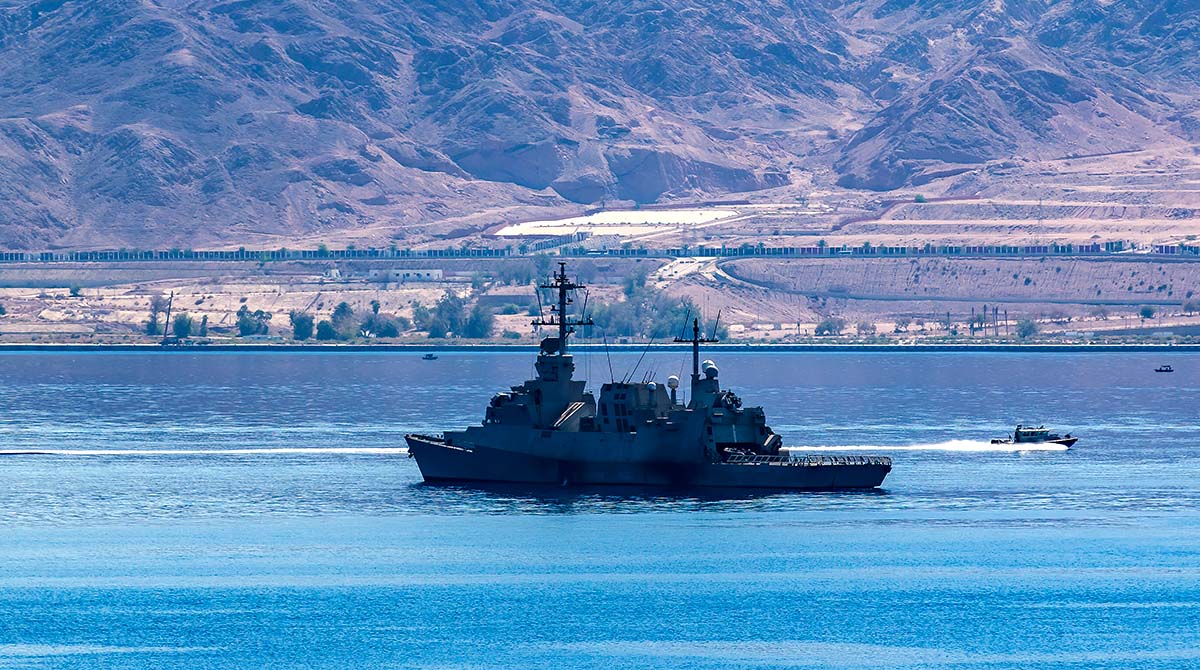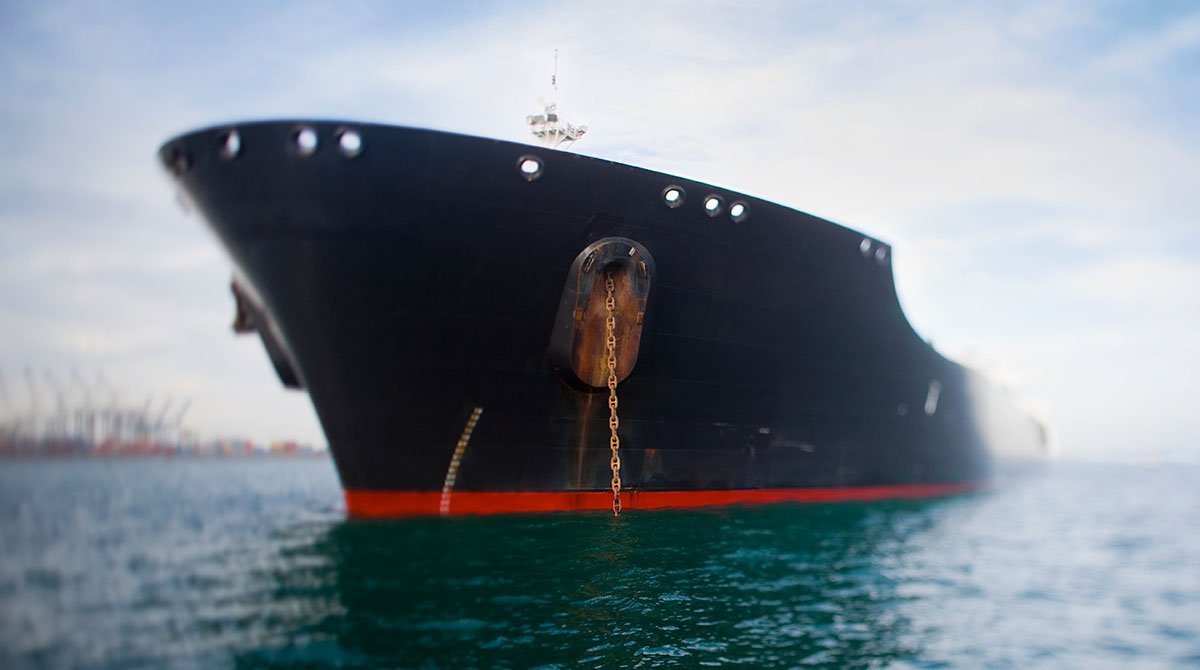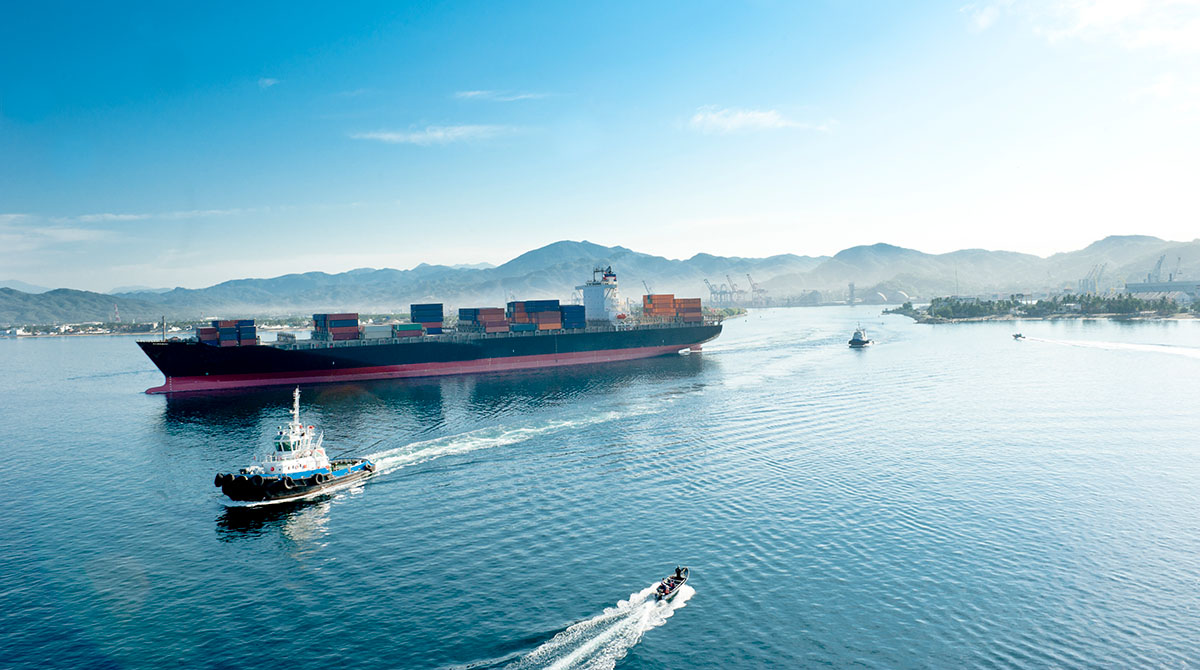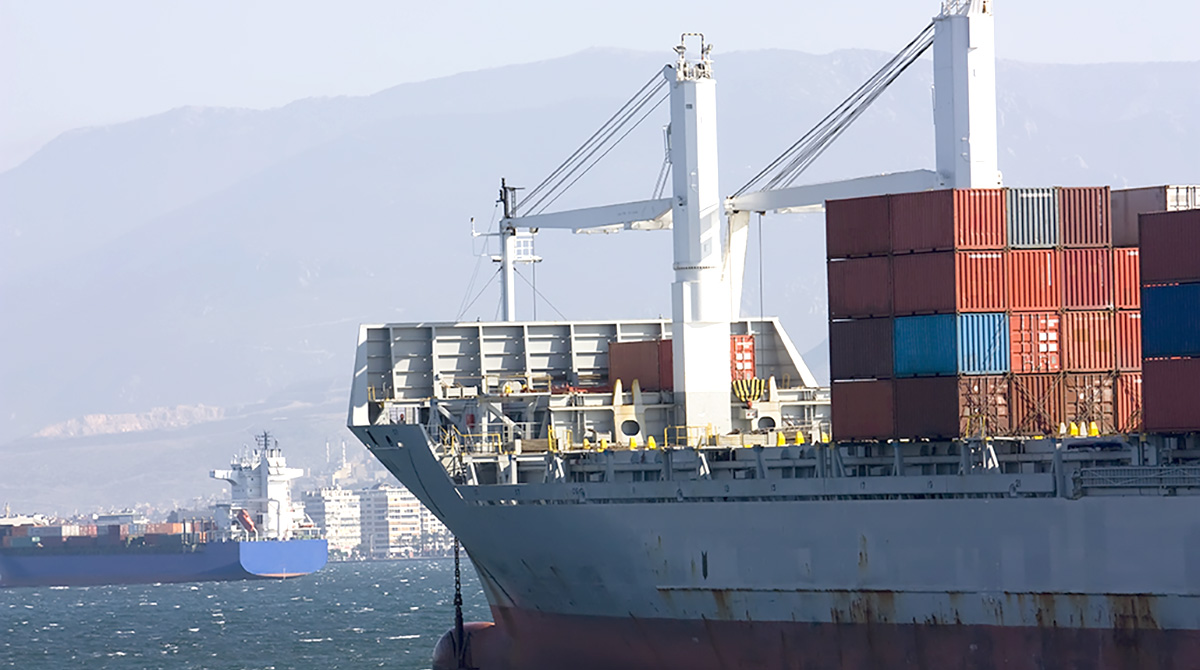After several weeks of warfare, a temporary ceasefire has been agreed between Israel, Iran, and the United States. However, the situation remains uncertain.

In addition to the Persian Gulf, southern access routes such as the Red Sea, the Gulf of Aden, and the Bab el-Mandeb Strait remain high-risk. The Houthi rebels in Yemen continue to pose a threat to commercial vessels. Incidents involving drones, suspicious approaches by small boats, and reports of electronic interference are increasing. This is of great concern to shipping companies, cargo owners, and maritime insurers. While the diplomatic signals are often hopeful, this situation illustrates that they offer no operational certainty.
The Strait of Hormuz plays a crucial role in all of this. This narrow waterway between Iran and Oman is one of the busiest and most strategically sensitive shipping lanes in the world. Approximately 20% of global oil trade and a significant portion of LNG shipments pass through it daily.
The situation around the Strait has remained unstable in recent months:
- Iran has repeatedly threatened to close the passage in response to Israeli or Western military actions.
- According to reports from Risk Intelligence, there is an increased maritime threat, including:
- GPS jamming in and near the Strait;
- Surveillance by Iranian navy and paramilitary forces;
- Heightened risk of inspection or detention of commercial vessels.
At present, transit is possible but shipowners should consider scenarios in which the Strait is closed down. A blockade or incident in this area would have not only regional but also global economic repercussions and create a risk of the long term detention of vessels caught up in the region.
We recommend that our members inform their crew, especially the captain, about the current risks in the region and incorporate this in their voyage planning. When passage through the Persian Gulf or the Strait of Hormuz is necessary, we recommend:
- Staying well outside risk areas wherever possible;
- Only sailing with prior approval or consultation with the relevant insurers;
- Monitoring the situation daily through reliable sources (such as Risk Intelligence, JMIC, or official government channels).
We will of course continue to keep our members informed of further developments. Should you require advice or assistance, please feel free to contact the NNPC claims team at claims@nnpc-marine.com.



